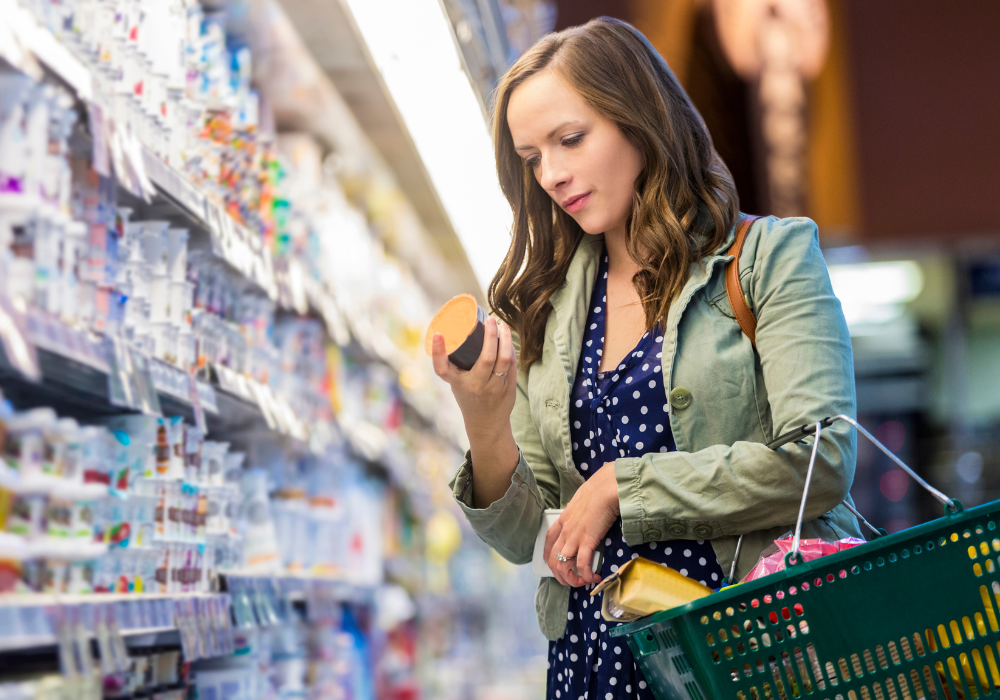
You’re trying to save the planet one grocery trip at a time, but supermarkets are playing you for a fool. From misleading eco-labels to deceptive packaging claims, retailers use dozens of tricks that make you think you’re shopping sustainably when you’re actually making things worse. These grocery store scams prey on your good intentions while padding their profits and harming the environment you’re trying to protect.
1. Those recycling symbols on plastic are basically lies
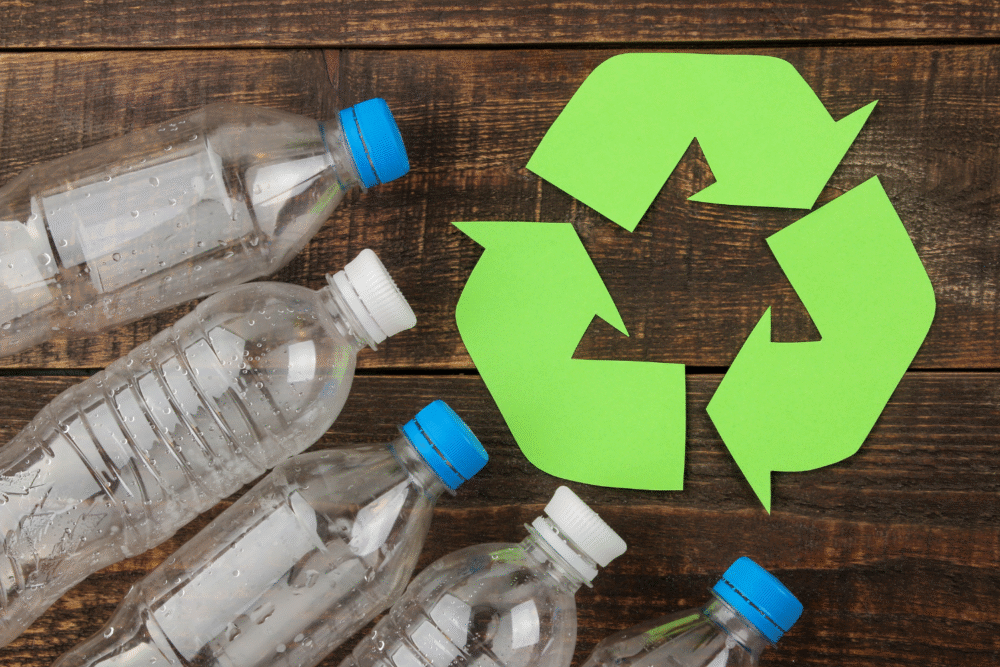
Only 5 to 6% of plastic waste produced in the U.S. is actually recycled. Yet grocery stores fill their shelves with plastic products covered in recycling symbols that make you think they’re environmentally responsible choices. An NPR and PBS Frontline investigation reveals how the oil and gas industry used the promise of recycling to sell more plastic, even when they knew it would never work on a large scale.
A shocking new Greenpeace report reveals that most types of single-use plastic cannot be recycled in the United States. Those numbers inside the triangular arrows aren’t guarantees that your plastic container will be recycled—they’re just identification codes that companies use to make you feel better about buying disposable products.
2. Fake eco-labels are designed to fool you

Misleading labeling can involve fake certifications and seals that may look good but in fact may actually signify very little. Grocery stores are filled with products displaying unofficial badges and made-up certifications designed to look like legitimate environmental seals. These fake eco-labels display unofficial “badges” that mimic genuine environmental certifications.
Ambiguous branding, vague claims, and unregulated labels on products make it difficult for consumers who are aiming to reduce their environmental footprint to make informed decisions. Companies create their own green-sounding certification programs with no real standards behind them, preying on shoppers who want to make responsible choices.
3. Green packaging tricks your brain into thinking products are eco-friendly
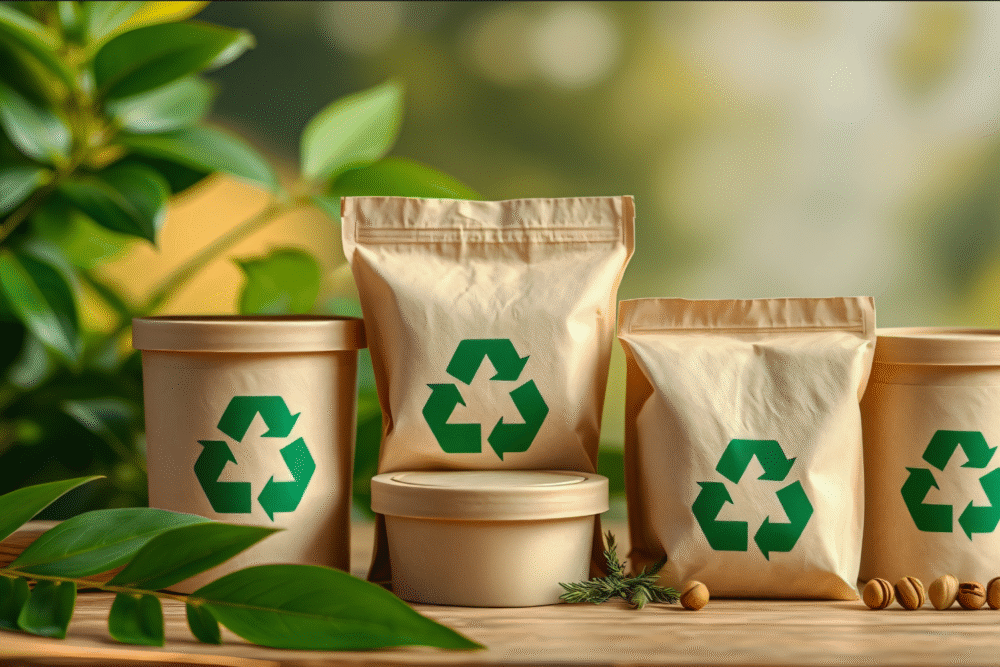
Companies use misleading visuals like green packaging or nature imagery to suggest eco-friendliness. Supermarkets are masters of visual deception, using leafy designs, earth tones, and pictures of forests to make you associate their products with nature. This psychological trick works even when the product inside is environmentally destructive.
Another cynical greenwashing move is to slap a green label on something to make it appear more sustainable, like Coca-Cola did with Coca-Cola Life that was still loaded with sugar. The same tactic applies to environmental claims—companies use green aesthetics to mask harmful ingredients or unsustainable practices.
4. Companies highlight one tiny eco-feature to hide massive environmental damage

Brands love advertising partial truths by promoting a single eco-friendly attribute while ignoring other harmful practices. A product might boast about using recycled cardboard packaging while the actual product inside causes massive environmental damage. Companies highlight one small sustainable feature to distract from much larger environmental problems.
For example, a cleaning product might advertise biodegradable ingredients while using plastic packaging that will persist in the environment for centuries. The focus on one positive attribute makes shoppers overlook the bigger picture of the product’s total environmental impact.
5. Cleaning products are the worst offenders for fake green claims

31 percent of the greenwashing lawsuits cite false and misleading environmental claims for home and garden products. Items range from dishes and cookware, to household cleaners and laundry detergents, to trash bags, paints and even charcoal briquettes. These everyday grocery store items are where you’re most likely to encounter deceptive environmental marketing.
The high rate of lawsuits in this category shows how widespread the problem is. Companies know that environmentally-conscious consumers specifically seek out green cleaning products and garden supplies, making these categories prime targets for misleading claims that boost sales without delivering real environmental benefits.
6. Terms like “natural” and “eco-friendly” are completely meaningless

“Greenwashing” refers to misleading marketing claims made by companies to falsely suggest an environmental benefit. Most consumers aren’t familiar with the term greenwashing, but examples of untrue, unverified or unsubstantiated claims are everywhere in grocery stores. Terms like “natural,” “eco-friendly,” and “environmentally responsible” sound impressive but have no legal definitions or standards.
Companies can slap these meaningless buzzwords on any product without proving they’re actually better for the environment. Unlike regulated terms such as “organic,” these vague environmental claims are essentially marketing fiction designed to make you feel good about purchases that might actually harm the planet.
7. Chemical recycling is mostly science fiction marketing

The plastics industry has heralded a type of chemical recycling it claims could replace new shopping bags and candy wrappers with old ones — but not much is being recycled at all, and this method won’t curb the crisis. Grocery stores promote products with “chemically recyclable” labels, but this technology largely doesn’t work in practice.
Advanced recycling and chemical recycling sound like high-tech solutions, but they’re mostly marketing terms used to justify continued plastic production. The reality is that these processes are expensive, energy-intensive, and produce very little actual recycled material compared to the promises made on packaging.
8. Biodegradable products won’t break down in regular landfills

Products labeled as “biodegradable” might technically break down under perfect laboratory conditions, but they won’t decompose in actual landfills where most trash ends up. Many biodegradable materials need specific temperatures, oxygen levels, and microbial environments that don’t exist in typical waste disposal sites.
Companies use biodegradable claims to make you think their products will naturally disappear after use, but the reality is that most biodegradable packaging sits in landfills just like regular plastic. Without the right conditions, even genuinely biodegradable materials can persist for decades while releasing methane gas.
9. Carbon neutral claims are usually based on fake math
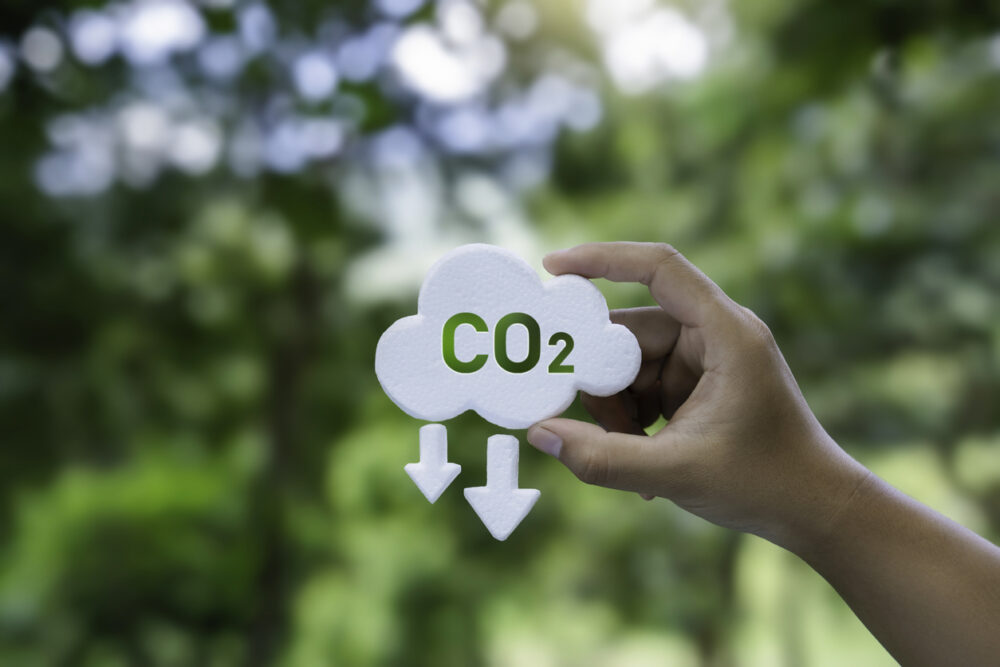
Companies love to slap “carbon neutral” labels on products, but these claims often ignore major sources of emissions like transportation, manufacturing, and disposal. They might offset only the emissions from their headquarters while ignoring the much larger carbon footprint of actually making and shipping their products.
Many carbon offset programs that companies use to make these claims are ineffective or fraudulent. Tree-planting projects that don’t survive, renewable energy credits that don’t represent additional clean energy, and other questionable offsets allow companies to make carbon neutral claims without actually reducing their environmental impact.
10. Compostable packaging requires special facilities that don’t exist in most places
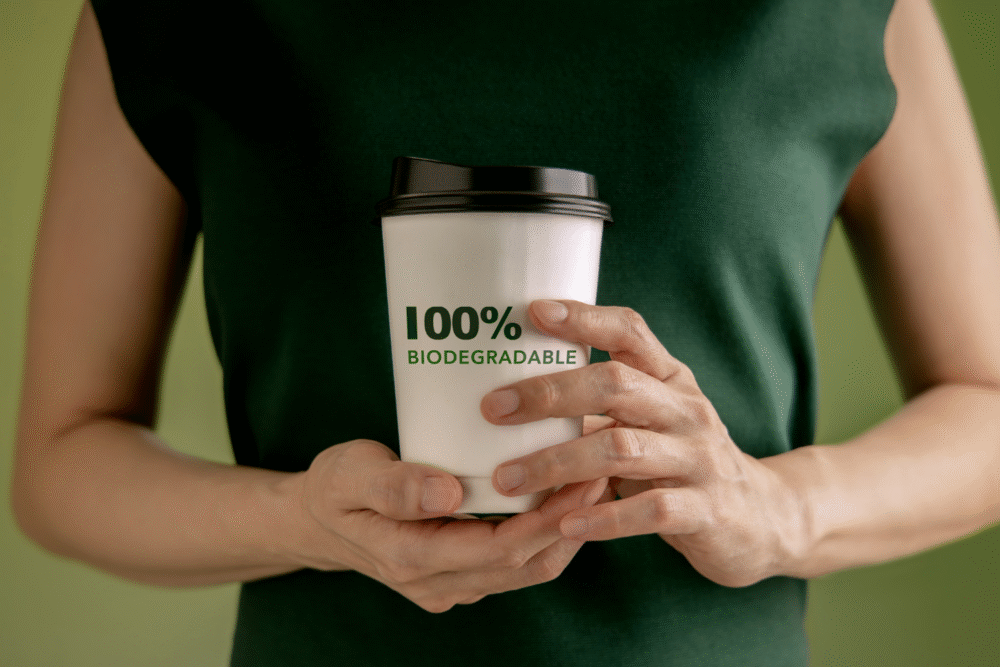
“Compostable” sounds environmentally friendly, but most compostable packaging requires industrial composting facilities that operate at high temperatures with specific conditions. Misleading marketing statements and useful information often appear side-by-side on product packaging, making it easy to get fooled. Many areas don’t have access to these specialized facilities.
If you put compostable packaging in your backyard compost bin or regular trash, it often won’t break down any faster than regular plastic. The infrastructure needed to properly compost these materials simply doesn’t exist in most communities, making the compostable claims essentially meaningless for most consumers.
11. Recyclable doesn’t mean it actually gets recycled

Just because something is technically recyclable doesn’t mean it actually gets recycled. Food contamination, mixed materials, and lack of market demand mean that many “recyclable” products end up in landfills anyway. Recycling facilities often reject items due to practical processing challenges.
Recycling facilities often can’t process items that are theoretically recyclable due to contamination from food residue, mixed materials that are difficult to separate, or simply because there’s no market for recycled versions of certain products. Companies use recyclable claims knowing that practical recycling rates are extremely low.
12. Sustainable sourcing claims have zero proof behind them

Terms like “sustainably sourced” and “responsibly produced” appear on countless grocery products, but companies rarely provide details about what these claims actually mean. Without third-party verification or specific standards, these are often just empty marketing phrases designed to make products seem more environmentally responsible.
Through deceptive marketing and false claims of sustainability, greenwashing misleads consumers, investors, and the public, hampering the trust, ambition, and action needed to bring about global change and secure a sustainable planet. Real sustainable sourcing requires transparent supply chains and verifiable standards that most companies don’t provide.
13. Less packaging claims ignore the product’s real environmental damage

Companies promote “reduced packaging” or “less plastic” as major environmental improvements, but these changes are often tiny compared to the product’s total environmental footprint. A product might use 10% less plastic packaging while the manufacturing process produces massive amounts of pollution and greenhouse gases.
This focus on packaging improvements diverts attention from much larger environmental problems like energy use, water consumption, and toxic chemical production. Companies make minor packaging changes to appear environmentally responsible while continuing harmful practices in other areas of their operations.
